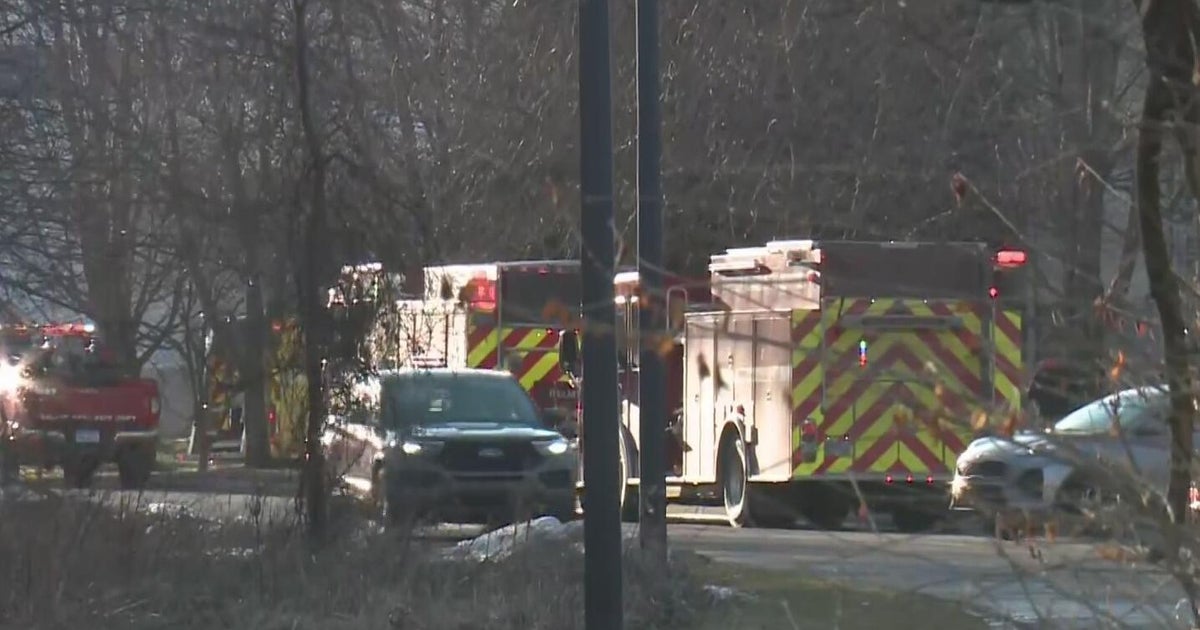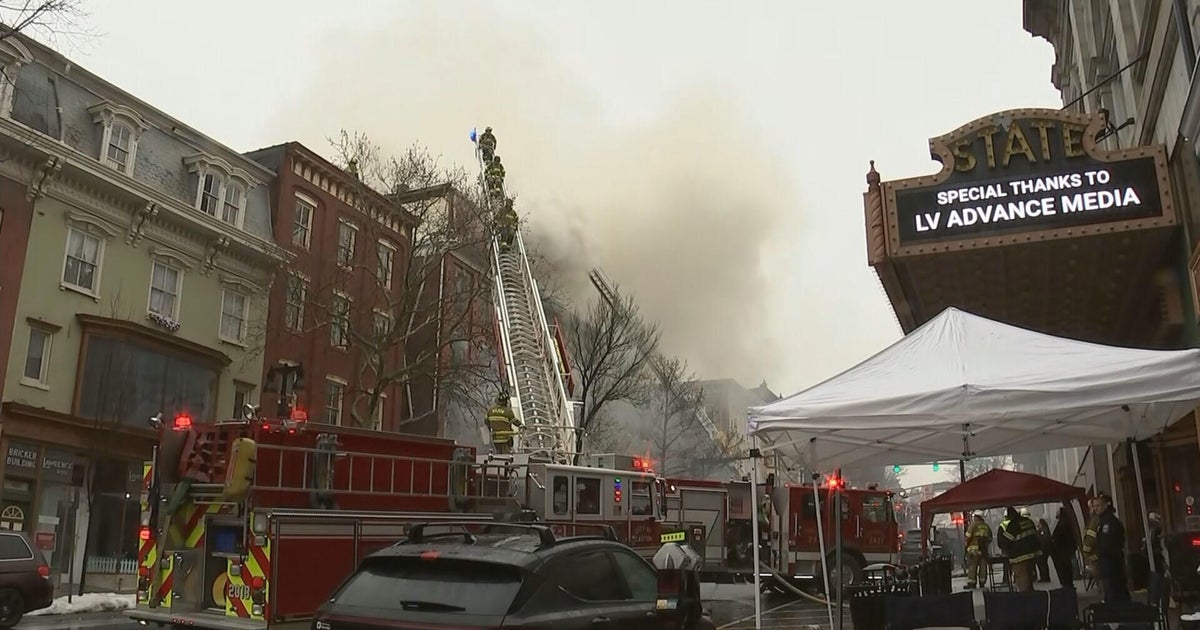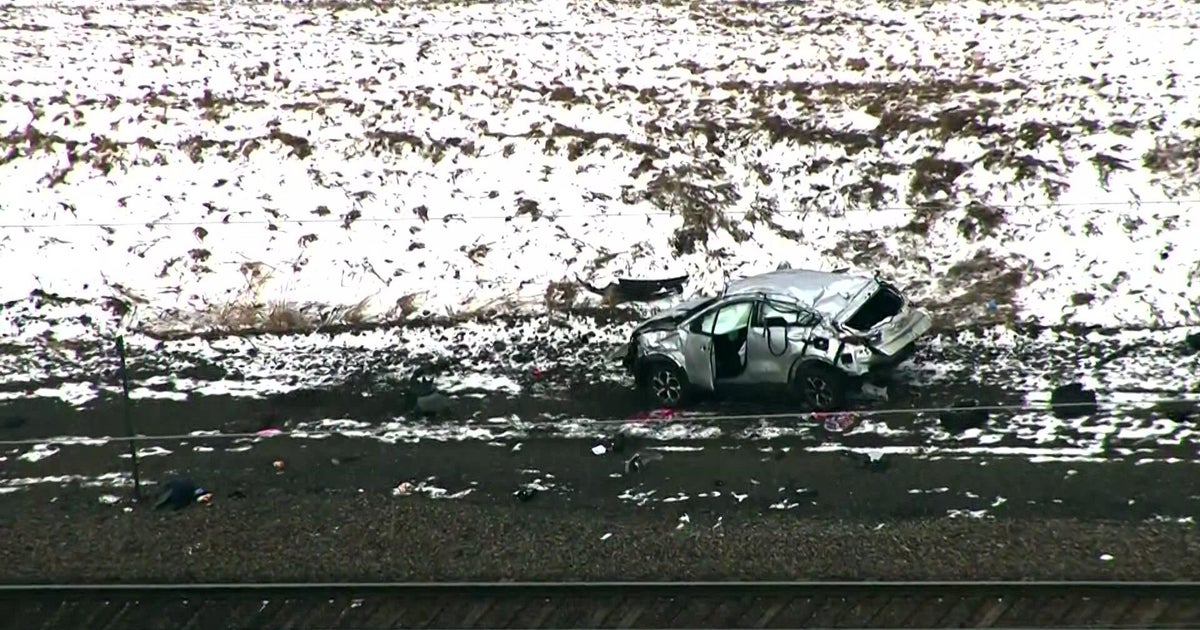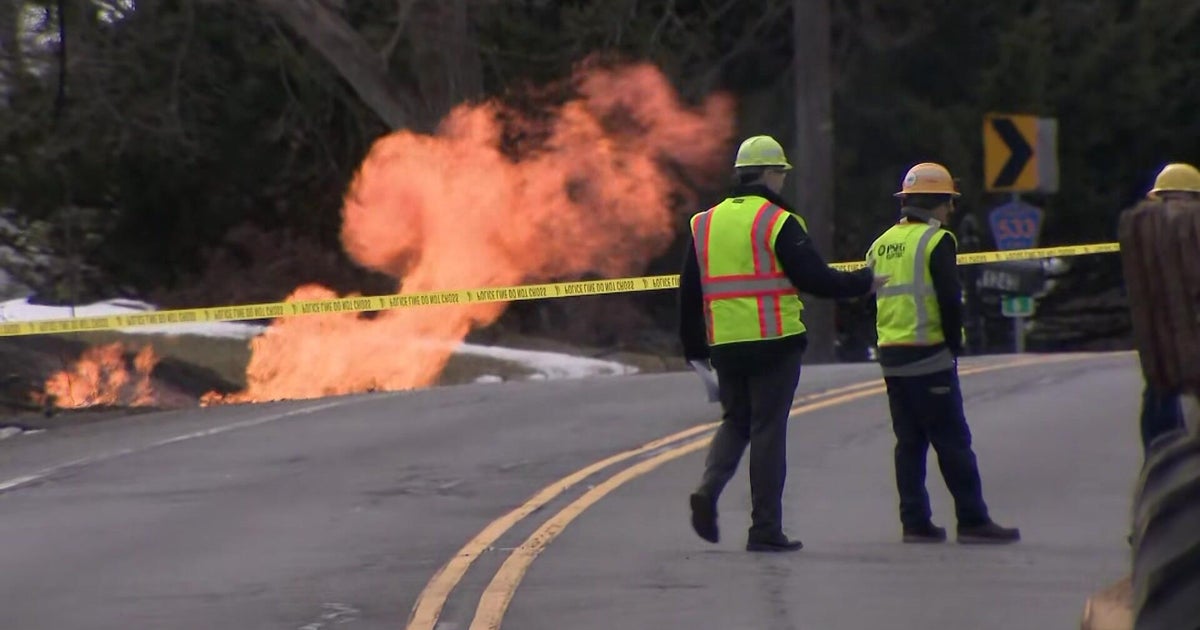Experts Exploring Link Between Natural Gas Drilling & Earthquakes
PITTSBURGH (KDKA) -- Some places that rarely have earthquakes are having them now, and officials have linked some of them to fracking or related activities.
While Marcellus Shale drilling has meant billions of dollars for Pennsylvania, across the state line in Ohio it's also meant some shaking, according to state experts.
"There was a huge boom. This big crashing boom," That's how Valerie Dearing describes one of the larger quakes. She happens to be an anti-fracking activist, but others in Eastern Ohio felt it, too.
"I thought at first it might be a truck wreck or some kind of explosion," said Dearing. "No, it was an earthquake."
It was 2011, when a 4.0 earthquake shook Youngstown. Then this past March, the ground shook again: a 3.0 in Poland Township, closer to the Pennsylvania line.
Ray Beiersdorfer, a geology professor at Youngstown State, believes in the last four years that Ohio has actually had more than a thousand quakes. Mostly small ones you can't feel.
He says you don't have to be a scientist to put things together.
"My 80-year-old neighbor and my freshman college students say, 'No, there have never been any earthquakes here. They start injecting, and now we've had the earthquakes,'" said Beiersdorfer.
The "injecting" he refers to has to do with fracking or related activities.
Fracking is a drilling process where a mixture of water, chemicals and sand are shot deep into the ground to open rock and extract fuel.
According to experts, in very rare circumstances, fracking itself has been linked to quakes. In fact, earlier this year, regulators in Ohio suspended fracking at a site in Poland Township believing there was a "probable connection."
But more often something else is suspected, something related.
Oklahoma right now is also having quakes, hundreds of them. There's been damage to homes, and people have packed meetings looking for answers.
Scientists there are looking at whether at least some of the quakes are caused by wells where wastewater from fracking is injected deep into the ground to get rid of it.
Back in Ohio, regulators zeroed-in on a wastewater injection well in Youngstown after the 4.0 quake.
KDKA's David Highfield: "Should Pennsylvania be worried about this?
Beiersdorfer: "I think they should be worried. This is happening in the basement rocks which continue. You know, they don't stop at the border."
But Kris Carter, a geologist with the Pennsylvania's Department of Conservation and Natural Resources, has a different answer.
"We should be looking at this," said Carter. "I don't know that concern is the right word, though. I think we need to be informed."
She says Pennsylvania does have "fault traces" at various places.
"We don't have the benefit of saying for sure, 'Oh, it definitely can't happen here because there are absolutely no faults,'" said Carter.
However, there are some big differences in gas drilling between Ohio and Pennsylvania. One of which is the number of those wastewater injection wells. While Ohio has nearly two hundred, Pennsylvania has fewer than a dozen. All on of them on end of the state.
David Spigelmyer, president of the Marcellus Shale Coalition, says that's because most fracking wastewater here in Pennsylvania is recycled.
"We filter that water, prepare it for reuse and more 90 percent of that water today is taken back to the next operation," said Spigelmyer.
David Nabhan is the author of three books on earthquakes. He's a former science teacher who's been interviewed numerous times, and he's a big supporter of Marcellus shale gas drilling.
"I think fracking is the best thing that's ever happened to this country in this century, so far," he said.
However, he also believes, in general: "A little bit of shaking is something I think we're going to have to get used to if we're going to proceed with fracking."
Spigelmyer disagrees, "I don't want to take that for granted that we got to accept a disruption like that."
He blames quakes in other states on mismanagement and lack of oversight. He points out that there have never been any reported quakes in Pennsylvania linked to fracking or wastewater injection wells.
"I think we've got the rules in place. I think Pennsylvania ranks near the very top of regulatory framework for oil and gas development," said Spigelmyer.
Another difference between Ohio and Pennsylvania is that in Pennsylvania, much of the fracking is in Marcellus layer of shale. Over in Ohio, it's more common to go deeper into Utica shale, which is closer to where faults are more common.
Even though the majority of the earthquakes in Eastern Ohio have so minor they can't be felt, the whole idea is unnerving to people such as Valerie Dearing. In fact, she's made a decision:
Highfield: "You sold your house because of the earthquakes?"
Dearing: "That's one reason. There's many reasons, but that was sort of the clincher."
Pennsylvania has now set up 21 seismic monitoring stations to see what happens naturally, even if it's very minor. That way, if there were to be seismic activity related to the oil and gas industry down the road, they'll have something to compare it to.
You May Also Be Interested In These Latest News Stories
Join The Conversation On The KDKA Facebook Page
Stay Up To Date, Follow KDKA On Twitter







